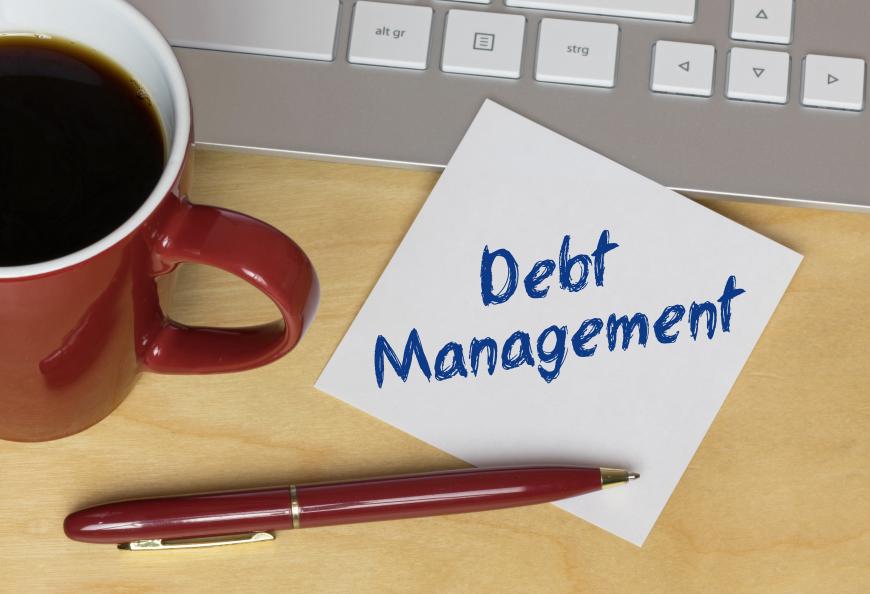
Image Source- Google
In times of financial hardship, individuals may find themselves overwhelmed by debt and struggling to make ends meet. When faced with such a situation, it can be difficult to determine the best course of action. Two common options for managing debt are debt consolidation loans and bankruptcy. You may find ease in navigating through this website's comprehensive loan comparison tool.
Both options have their pros and cons, and it is essential to carefully consider the implications of each before making a decision. In this article, we will explore the differences between debt consolidation loans and bankruptcy to help you determine which one may be the better option for your financial situation.
Debt Consolidation Loans
What are Debt Consolidation Loans?
Debt consolidation loans involve taking out a new loan to pay off existing debts. This new loan typically carries a lower interest rate than the individual's current debts, which can help reduce the overall amount of interest paid over time. By consolidating multiple debts into a single loan, individuals can simplify their repayment process and potentially lower their monthly payments.
Pros of Debt Consolidation Loans
- Lower interest rates can save money in the long run
- Simplified repayment process with a single monthly payment
- Potentially lower monthly payments
- May help improve credit score if payments are made on time
Cons of Debt Consolidation Loans
- May require a good credit score to qualify for a low-interest loan
- Additional fees and charges may apply
- Does not eliminate debt, only reorganizes it
- Could take longer to pay off debts compared to other options
Bankruptcy
What is Bankruptcy?
Bankruptcy is a legal process that allows individuals to discharge or restructure their debts under the protection of the court. There are different types of bankruptcy, including Chapter 7 and Chapter 13, each with its own eligibility requirements and implications. While bankruptcy can provide a fresh start for individuals drowning in debt, it also comes with long-lasting consequences on one's credit score and financial future.
Pros of Bankruptcy
- Immediate relief from overwhelming debt
- Protection from creditors and collection actions
- Potential to discharge certain debts entirely
- May be the only option for individuals with severe financial distress
Cons of Bankruptcy
- Negative impact on credit score for up to 10 years
- Loss of assets in some cases
- Difficulty obtaining credit in the future
- Public record of bankruptcy filing
Which Is the Better Option?
Choosing between debt consolidation loans and bankruptcy depends on various factors, including your financial situation, debt amount, credit score, and long-term goals. Here are some considerations to help you determine which option may be the better choice for you:
Consider Debt Consolidation Loans If:
- You have a stable income and can afford to make monthly payments
- Your credit score is sufficient to qualify for a lower interest rate
- You are looking to simplify your repayment process
- You want to avoid the long-term consequences of bankruptcy on your credit
Consider Bankruptcy If:
- You are unable to keep up with monthly payments and debts continue to accumulate
- You have explored other options and find bankruptcy to be the most viable solution
- Your debt amount is overwhelming and cannot be realistically paid off within a reasonable timeframe
- You are willing to accept the long-term impact on your credit in exchange for a fresh start
Conclusion
Debt consolidation loans and bankruptcy are two common options for individuals struggling with debt, each with its own set of advantages and disadvantages. While debt consolidation loans can help individuals reorganize and manage their debts more effectively, bankruptcy provides a way to discharge or restructure debts under the protection of the court. Ultimately, the better option between the two depends on your unique financial circumstances and long-term goals. It is crucial to carefully weigh the pros and cons of each option and seek professional advice before making a decision that could have a significant impact on your financial future.